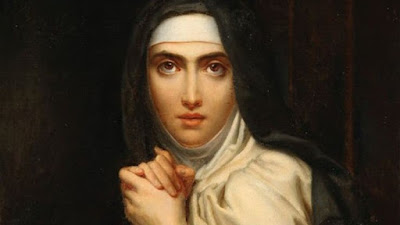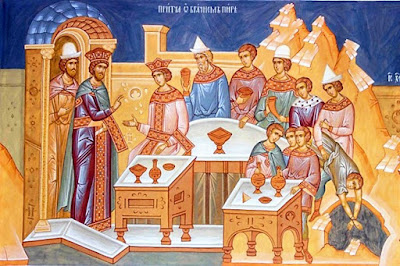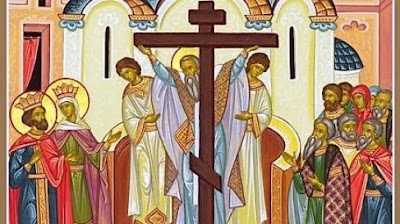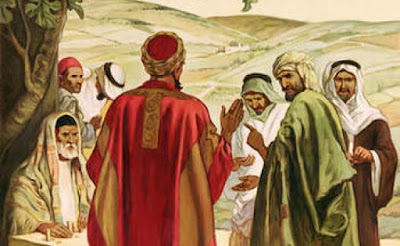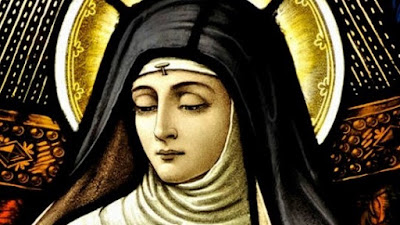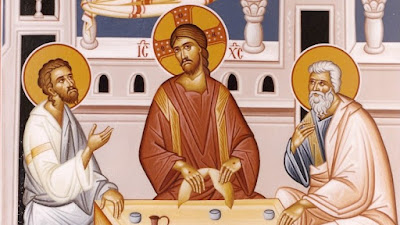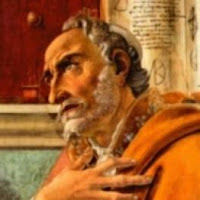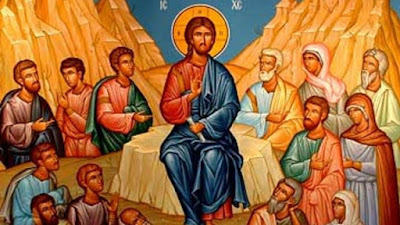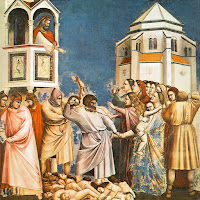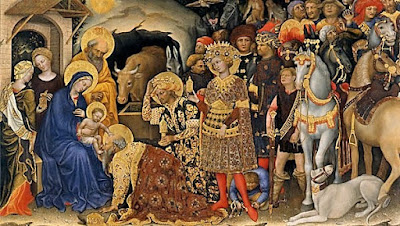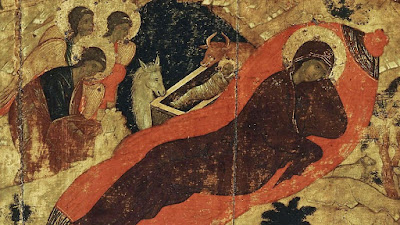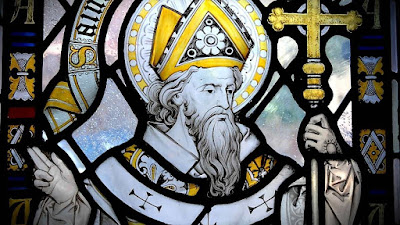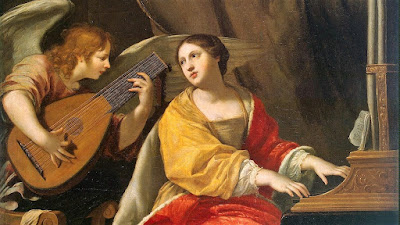Homily for the 1st Sunday of Lent, February 21, 2021, Year B

Fr. Charles Irvin Diocese of Lansing ( Click here for Sunday’s readings ) You and I have prayed The Lord’s Prayer countless numbers of times. In it we always ask God to “lead us not into temptation but deliver us from evil.” Some translations of that famous prayer have it “and subject us not into the trial.” Just what is it that we are praying for? Well obviously there are various levels of temptation — some powerful and severe, others not so powerful and not so grave (not weighted with much gravity). Some temptations are of the flesh. Some temptations are of the spirit. Some involve passion… others involve cold calculation. Whatever a temptation’s quality or type may be, at whatever level, it is always a time of testing. Our resolve, our spiritual muscle, is being tested. And if our character is spiritually weak and flabby, without any muscle power at all, we will be a pushover for the devil. Jesus also had His times of trail. The first we know about was during His ti

